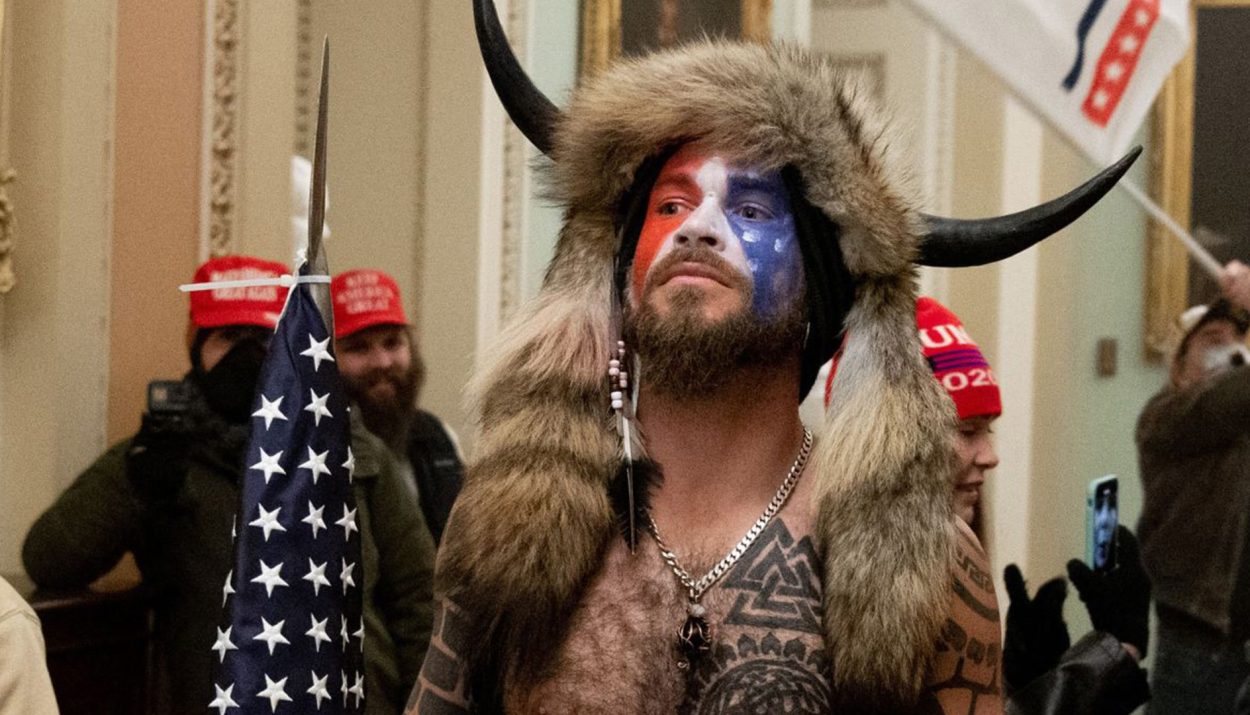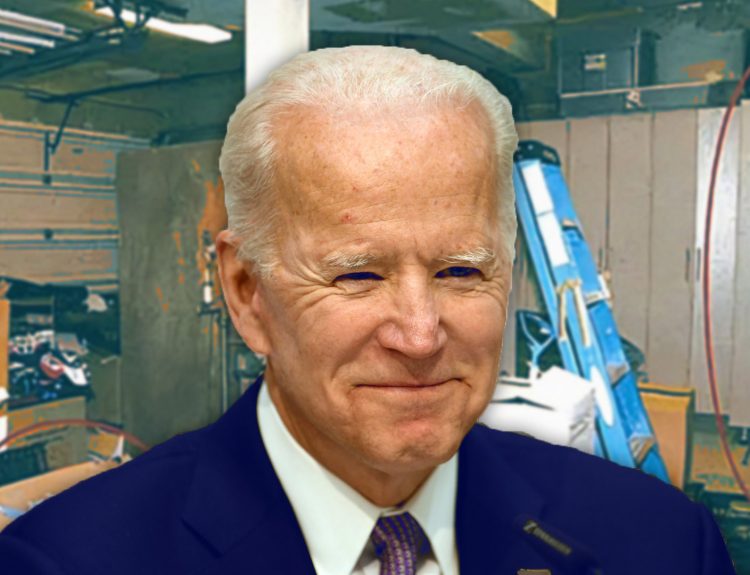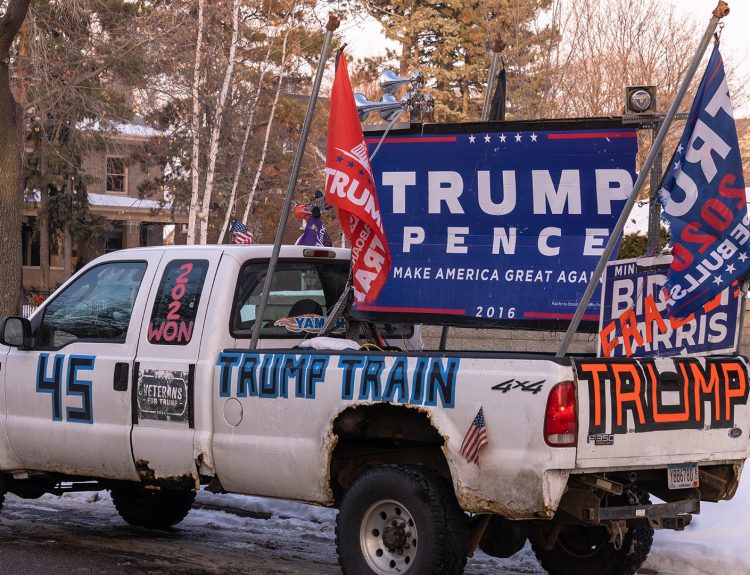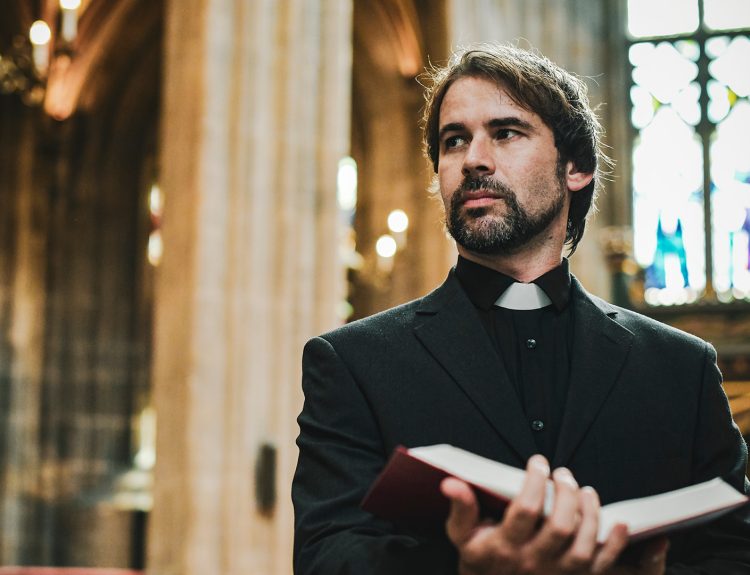With key Supreme Court arguments looming, some January 6 rioters have already won early release despite facing a contested obstruction charge. Judges ordered truncated terms for defendants who challenged their sentences, including a Delaware man carrying a Confederate flag and an Ohio man who breached police lines.
If the high court deems the disputed charge legitimate, these and other early releases could return to prison. But that outcome remains uncertain amid legal complications in prosecuting over 350 rioters.
Overview of January 6 Rioters Getting Early Prison Releases
Some rioters who stormed the U.S. Capitol on January 6 to disrupt Congress’s certification of Joe Biden’s presidential victory are being released from prison early, even before the Supreme Court decides whether the charge used against many of them is legally valid.
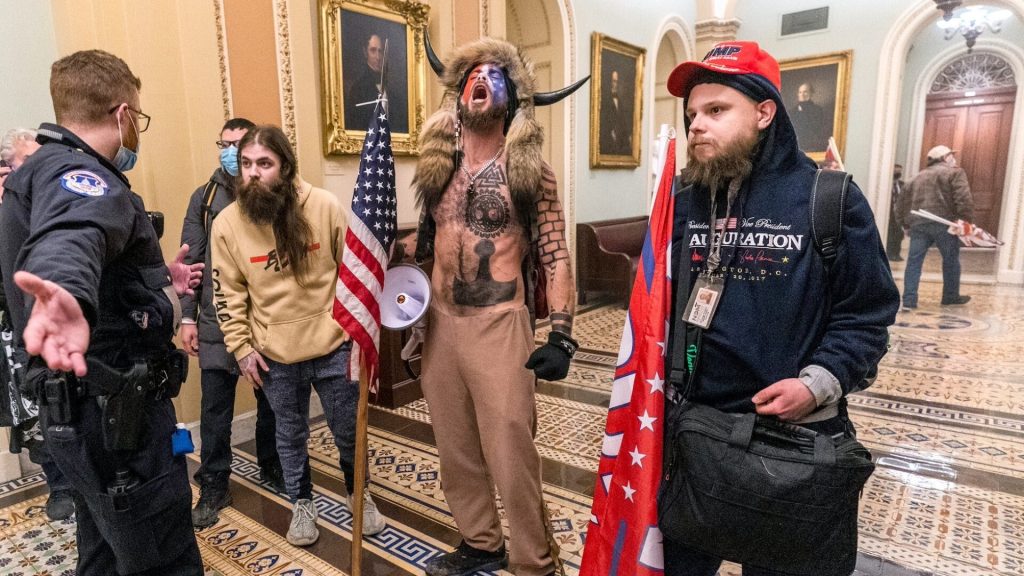
The early releases highlight the legal complexities in prosecuting hundreds of defendants for a riot that caused more than $1.5 million in damage and injuries to scores of police officers.
Details on Specific Rioters Released Early
Kevin Seefried, the man who carried a Confederate flag inside the Capitol, was released in January after serving just one year of a three-year sentence.
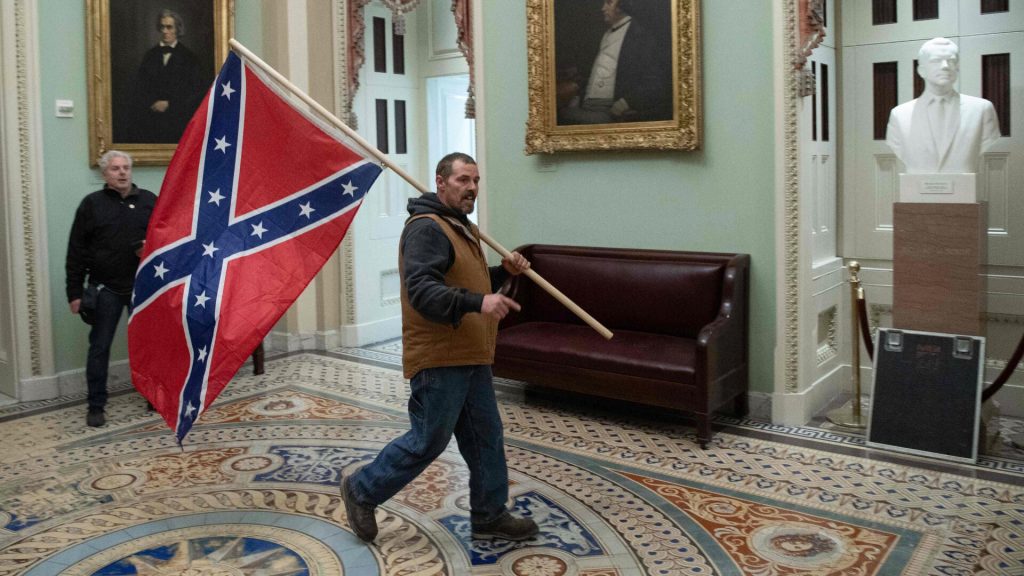
Seefried and his son, Hunter, were among the first rioters to enter the building. Kevin Seefried told the FBI he brought the Confederate flag into the Capitol to display “Southern pride.”
The Ohio Man Who Overran Police Lines and The Trump Flag Cape Man
Dustin Thompson, an Ohio man who helped overrun police lines and was among the first rioters to enter the Capitol building, was released in March after serving only six months of a 19-month sentence.
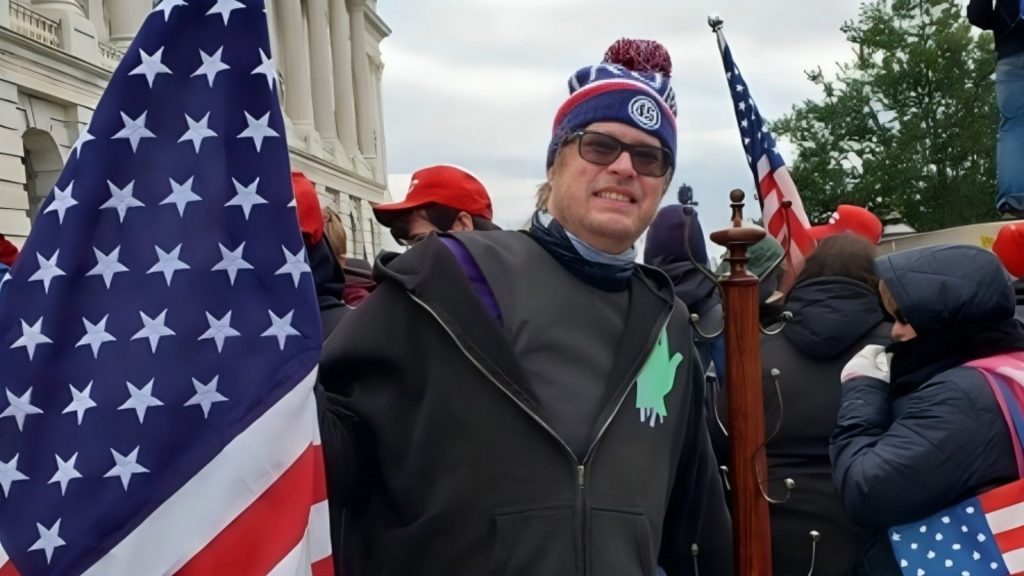
Douglas Jensen, the man who pursued a Capitol Police officer up a flight of stairs while wearing a Trump flag as a cape, was released in July after serving five months of a 14-month sentence.
Pending Supreme Court Ruling on Obstruction Charge
Federal judges are granting early release to some Capitol rioters who were charged with obstructing an official proceeding, even though the Supreme Court will soon determine whether that charge was legitimate.
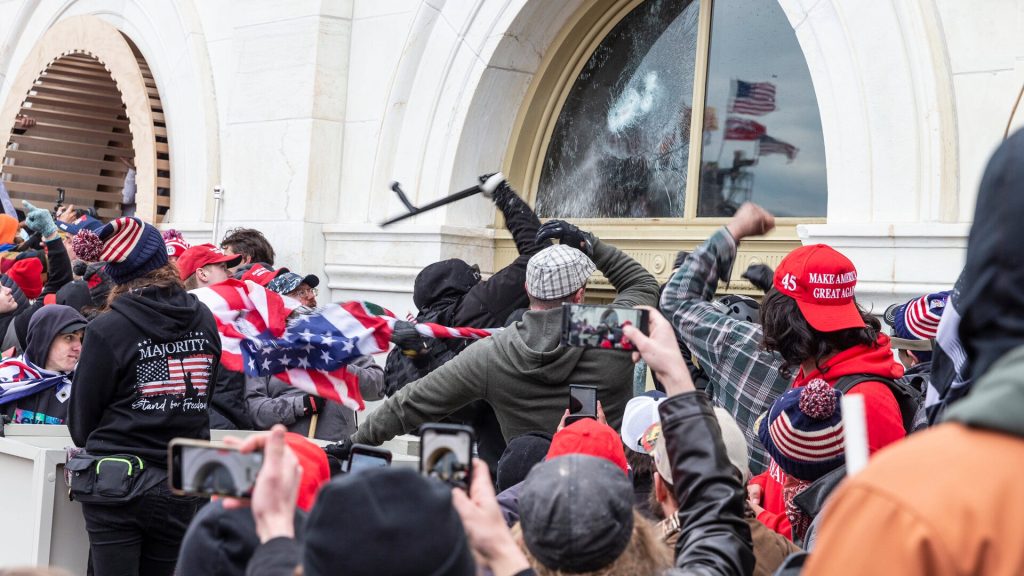
The sentences of several defendants have been cut short while they appeal their convictions under a law meant to punish those who impede governmental investigations.
What the Obstruction Charge Means for Prosecutions
The obstruction charge under Title 18 U.S. Code § 1512 has become crucial for federal prosecutors attempting to hold Capitol rioters accountable.
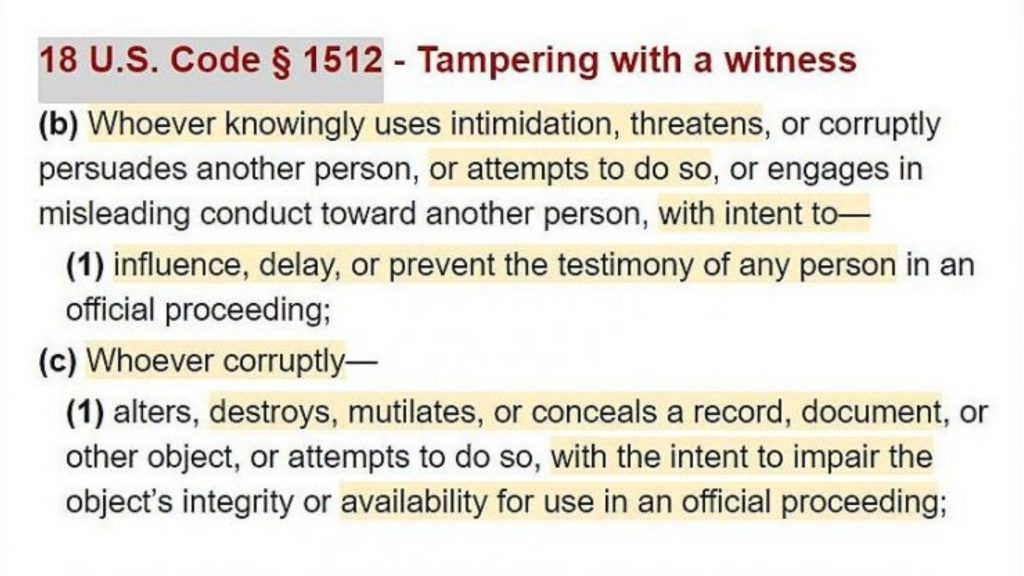
If upheld by the Supreme Court, it provides a mechanism to prosecute those who disrupted Congress’s certification of the 2020 election results without needing to prove that they damaged property or assaulted police officers.
Broader Implications Beyond January 6 Cases
The Supreme Court’s ruling on the obstruction charge could have significant consequences beyond the Capitol riot prosecutions.
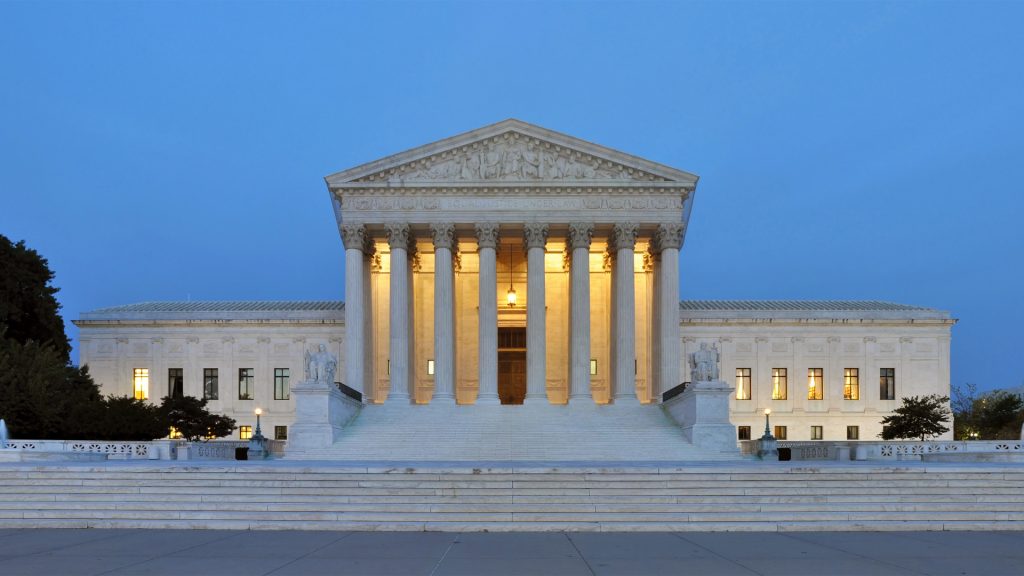
If the justices adopt a narrow interpretation of the law as applying only to evidence tampering, it may hamper the government’s ability to prosecute a range of obstruction offenses.
Ruling Could Impact Trump’s Election Interference Case
If the Supreme Court rules that the obstruction charge used against Capitol rioters is unconstitutional, it could weaken the case against former President Donald Trump for allegedly interfering in the 2020 election.
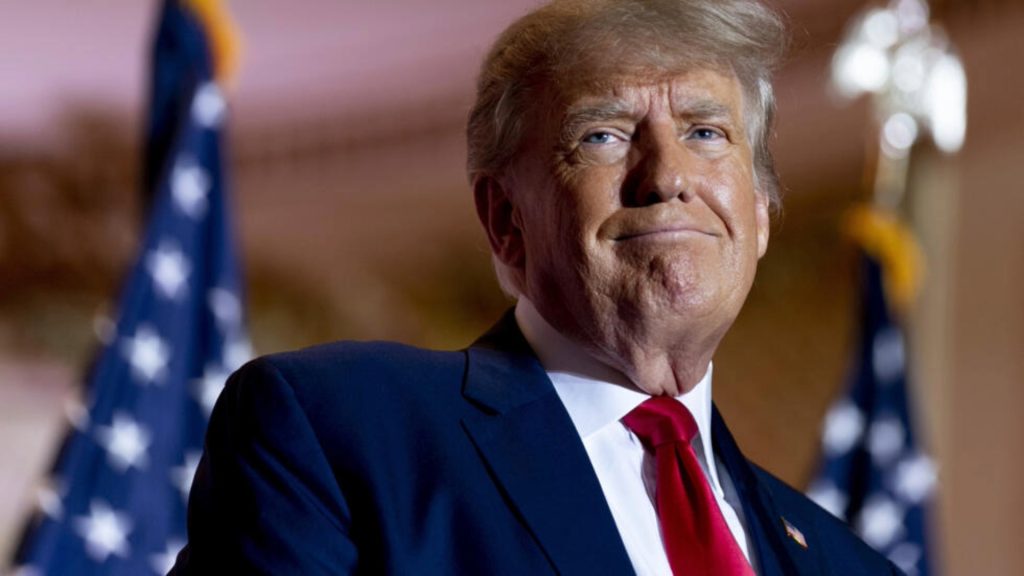
Two of the four counts against Trump accuse him of conspiring to obstruct Congress’s certification of the election on January 6. Removing those charges would cut the case against him in half before it even begins.
Plea Deals and Sentences Could Be Revisited
If the Supreme Court overturns the obstruction charge, it could complicate plea deals and sentences for those convicted solely of that offense.
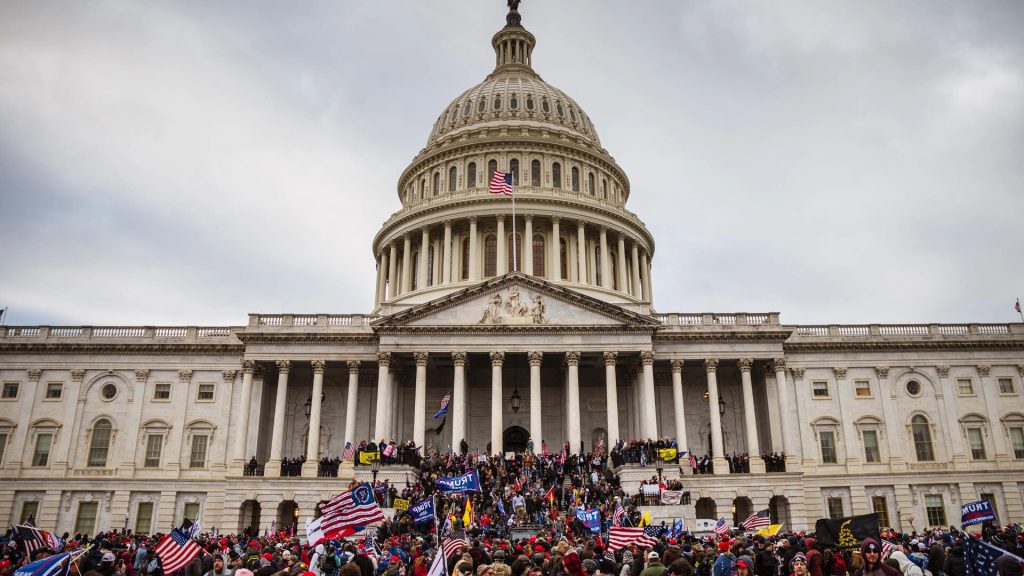
Some defendants awaiting trial may demand better deals from prosecutors, knowing the charge that carried the harshest punishment is off the table.
How Trump’s Charges Differ From Other January 6 Defendants
Unlike most January 6 defendants, Trump’s obstruction charges stem from claims that he spread lies about election fraud and tried to pressure officials to overturn results.
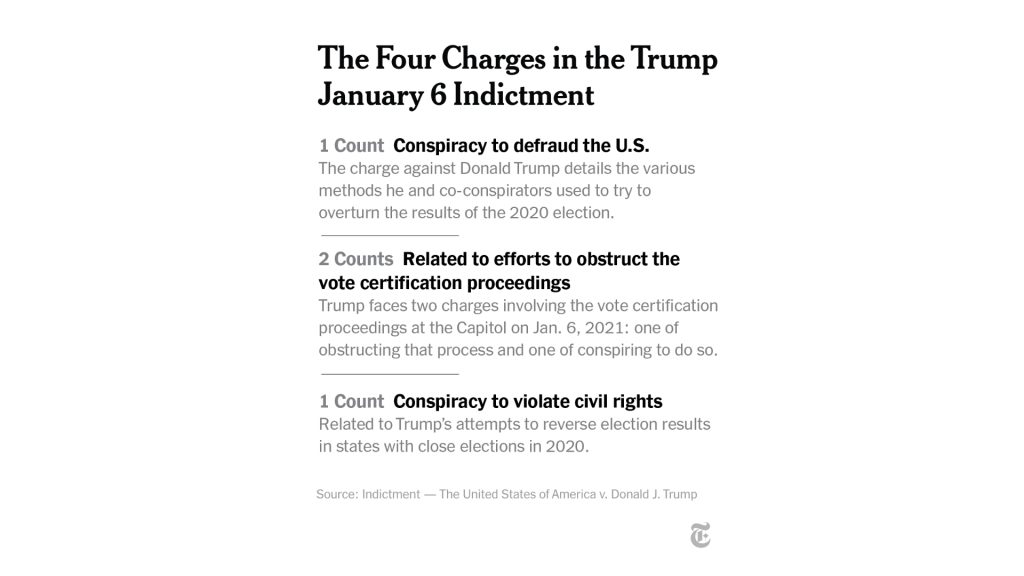
Prosecutors say Trump schemed with others to submit false electoral certifications and get Congress to reject real ones.
Trump Also Faces Conspiracy And Vote Deprivation Charges
Trump also faces charges of conspiring against the U.S. and depriving Americans of their right to have votes counted.
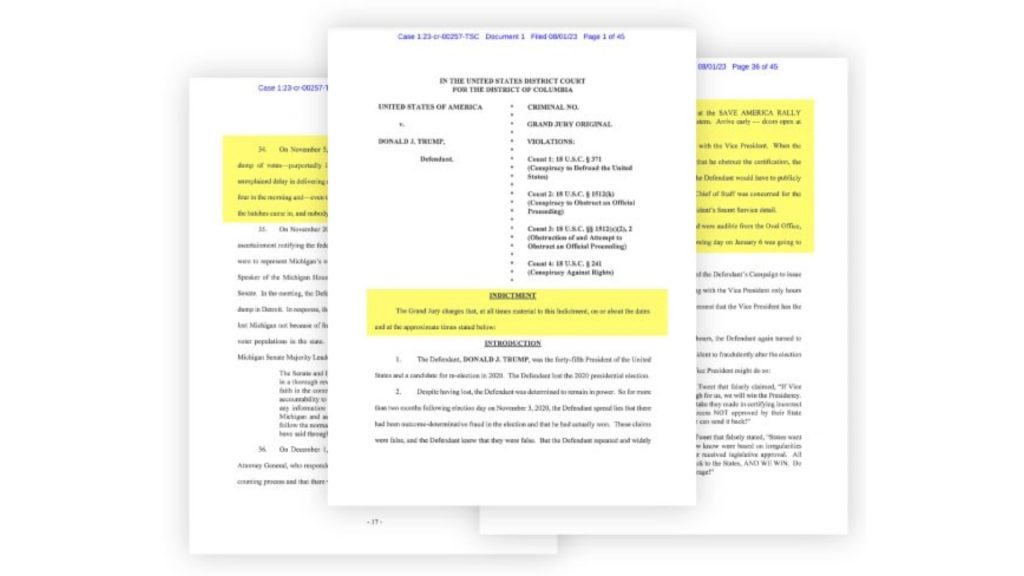
While some defendants on January 6 sought to delay trials or report to prison, a few serving times were released after the justices said they’d review the case.
Other Key Charges Against Trump: Conspiracy and Depriving Voting Rights
In addition to obstruction of Congress, Trump faces two other serious charges. The first is a conspiracy to defraud the United States.
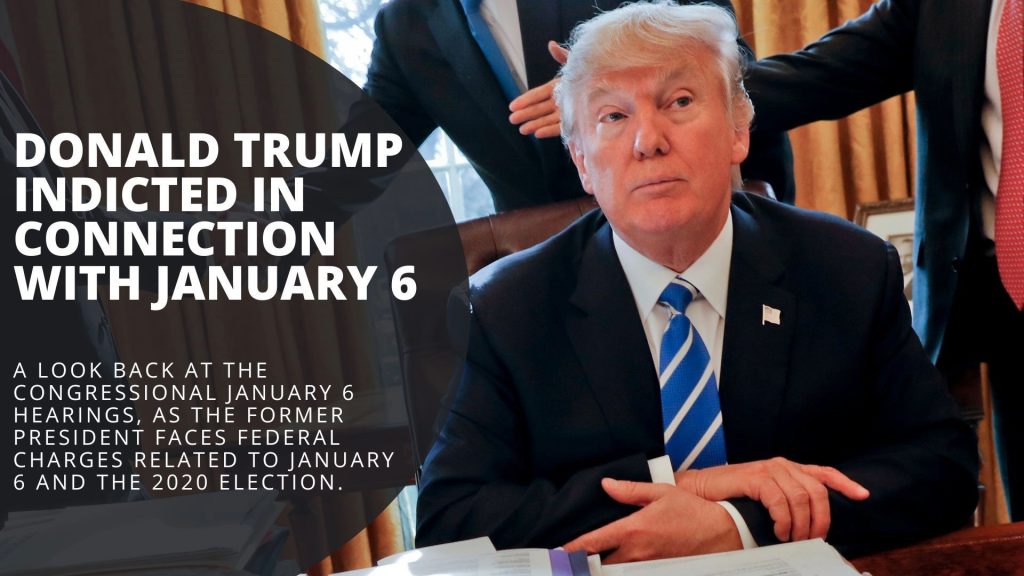
This means that Trump allegedly worked with others to undermine the lawful functions of the federal government through dishonest means.
Arguments for Releasing Defendants Before Appeal
Releasing defendants awaiting appeal could prevent them from serving prison time, which may prove unnecessary if their convictions are overturned.

Some legal experts argue that keeping people incarcerated during a lengthy appeals process, especially for non-violent offenses, violates civil liberties and should only be done in extreme circumstances.
Arguments Against Releasing Defendants Before Appeal
Given the politically charged nature of the Capitol riot cases, some worry releasing defendants may embolden further unrest.
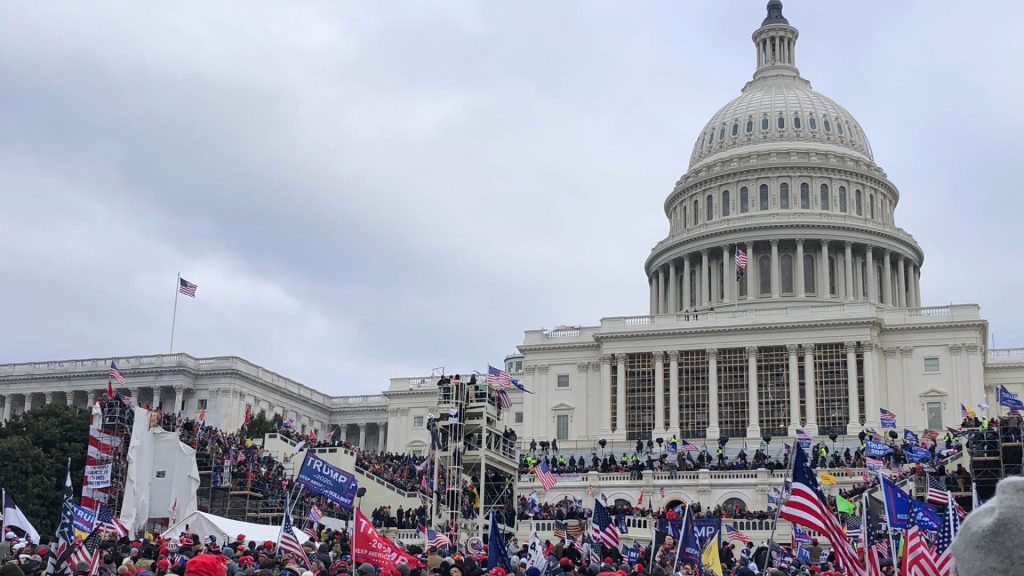
Prosecutors argued against releasing Kevin Seefried, for example, saying his release could place him “into the same political maelstrom that led him to commit his crimes in the first place.”
Tough Decisions Faced With Imperfect Choices
These decisions have high stakes, and judges are faced with imperfect choices. The appeals process could take months or even years, and there are rarely easy answers in such complex, political cases.
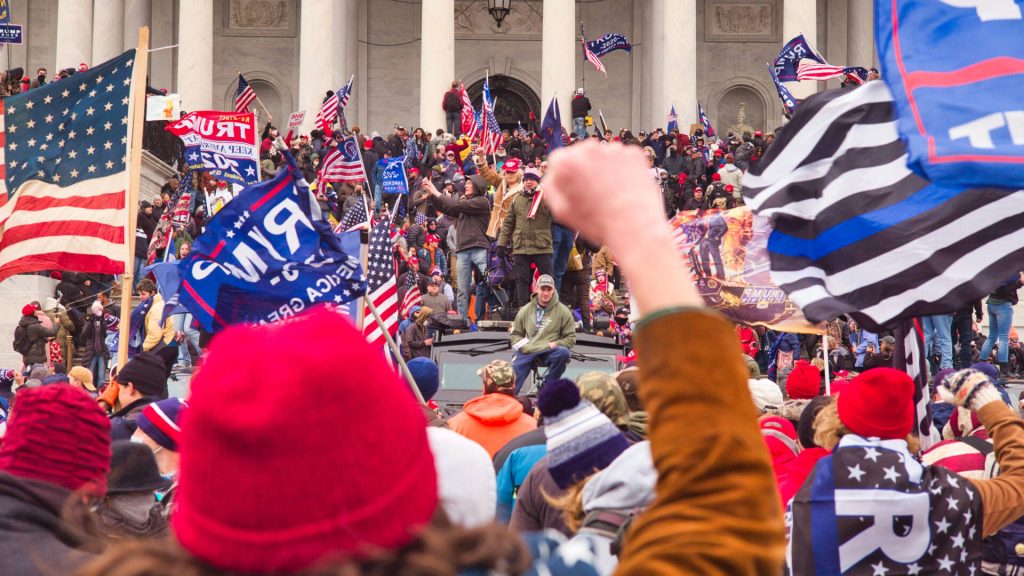
However, considering each defendant’s circumstances can help balance civil liberties and public safety.

